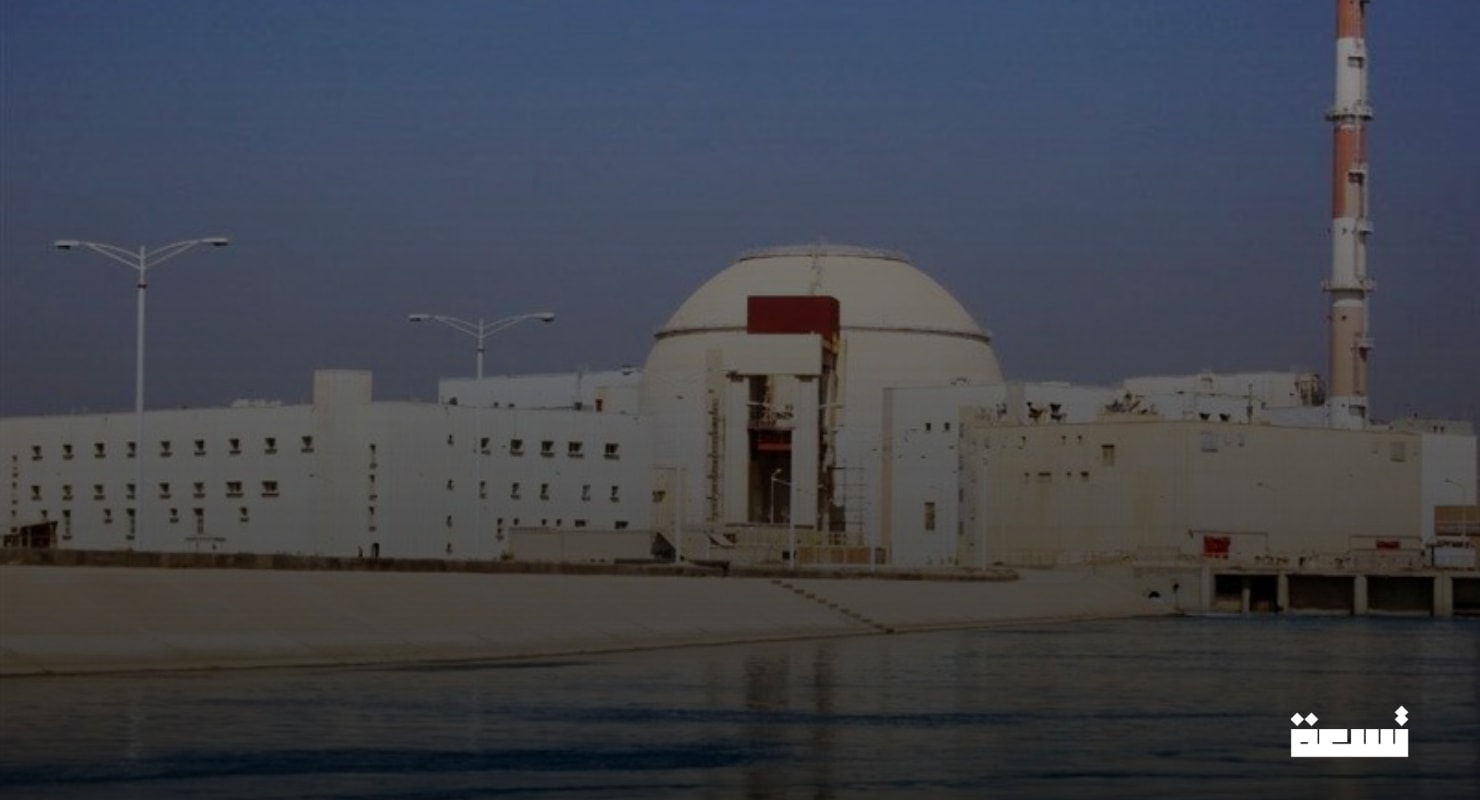In a dangerous development that complicates the international scene, recent reports from the International Atomic Energy Agency revealed a qualitative leap in Iran's stockpile of enriched uranium, bringing it unprecedentedly close to the nuclear threshold.
According to the report, the enrichment level reached 60%, just one step away from Tehran reaching the required level for making nuclear weapons. Most concerning is that Iran is capable of producing enough fissile material for a nuclear weapon within just one month, and can reach the necessary purity level of 90% for making nuclear bombs within days.
Amid these developments, the United States continues to exert maximum pressure on Iran, attempting to force it back to the negotiating table.
However, Tehran refuses to succumb to this strategy, as Iranian Supreme Leader Ali Khamenei bluntly responded: "We will not negotiate under pressure."
Additionally, the Chairman of the Strategic Council for Foreign Relations, Kamal Kharrazi, emphasized that any dialogue must be based on "mutual respect and equality," rejecting any attempt to impose dictates or deal with Iran from a position of "bullying."
On the other hand, Israel closely monitors this Iranian nuclear acceleration, growing increasingly concerned about Tehran's proximity to a nuclear bomb.
Israeli Prime Minister Benjamin Netanyahu seeks American approval for a military strike targeting Iranian nuclear facilities, amid mounting fears of a confrontation that could lead the region into a catastrophic scenario.
Meanwhile, Iran insists that its nuclear program is purely peaceful, affirming that its escalation in uranium enrichment was in response to the former U.S. President Donald Trump's withdrawal from the nuclear agreement, which aimed to curb Iranian nuclear ambitions.
Will this confrontation end at the boundaries of threats and political escalation, or is the region on the brink of explosion?

